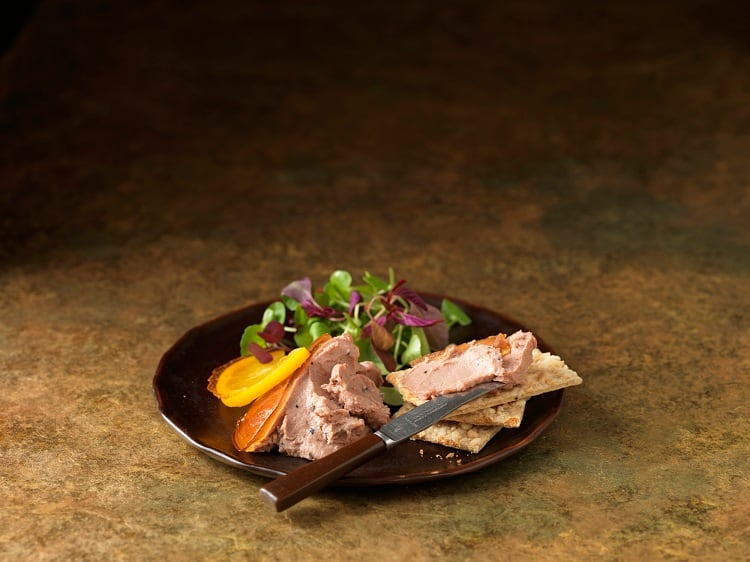According to Israeli cultured meat start-up SuperMeat, chefs are interested in the ‘benefits and appeal of cultivated meat options’ – even if it means paying more for it. The group commissioned a survey of US chefs that found 86% of respondents said they are interested in serving cultivated meat or poultry, with 22% of chefs suggesting they are ‘very interested’ in exploring this new protein source on their menus.
“Chefs and restaurants are often the first to embrace new food innovations,” SuperMeat chief executive Ido Savir told FoodNavigator.
‘Setting the scene for wider consumer acceptance’
SuperMeat believes the rising awareness among chefs of new protein options is being driven by a shift in sentiment among their diners.
Concern for the environment and animal wellness, health and dietary restrictions and other lifestyle choices have all contributed to higher interest in meat alternatives on menus, the cellular agriculture company claims. In fact, the survey found 65% of chefs have seen increased demand in the last five years.
Savir suggests cultivated meat can offer chefs a protein alternative that reduces their reliance on conventional animal proteins without any sacrifice in terms of the dining experience and menu diversity. “This research reinforces that chefs are more open than ever to new innovations in protein. Where many may have been hesitant when plant-based options first hit the market, the floodgates are open and as consumer demand increases, chefs are looking for new, improved ways to meet requests for alternative meat choices. With an audience primed for acceptance, this will be an impactful way to first enter the market,” he told this publication.
The survey took in the views of chefs in settings spanning fine dining to fast food. For Savir, out-of-home dining is an important channel to reach consumers not only because chefs appear open to embracing these new products but because it is also possible to control how consumers first experience cultivated meat.
“In this setting, consumers tend to be more willing to try new products. Companies also benefit from having greater control over consumer experiences,” he explained. “Whenever an entirely new food product hits the market, it can be most effective to share it with experts first, who can explore how to best prepare and serve it, setting it up for wider consumer acceptance.”
Commercialisation and pricing
As an emerging food technology, cultivated meat producers do not benefit from the economies of scale enjoyed by other protein alternatives or conventional meat. As the product nears commercialisation, with expected regulatory approval in markets like the US and Europe, the sector’s focus will likely be on proving commercial viability, with modest market penetration.
Savir observed that the lower-volume, higher-value proposition of restaurant channels could prove an important stepping-stone as cultivated meat makers build critical mass. “Understanding commercialization will be a process,” he elaborated. “Cultivated meat will not be available on a grocery-store scale initially – working first with restaurants and foodservice will help better control limited supply and quality as it first comes to market.”
In this light, the survey delivered an interested insight: 77% of chefs said they would be willing to pay a premium for cultivated meat and poultry. However, this shouldn’t be viewed as a blank cheque for cultivated meat makers to charge what they like. Two-thirds of chefs said they'd be willing to pay between 11-15% more than traditional meat – but two-thirds of chefs surveyed also pointed to high cost as the greatest potential deterrent to trying cultivated meat.
Overall, SuperMeat said chefs were ‘optimistic’ that cultivated meat will become ‘fully integrated’ into mainstream hospitality culture and restaurants ‘relatively soon;, with 79% believing it will happen in less than one year.




